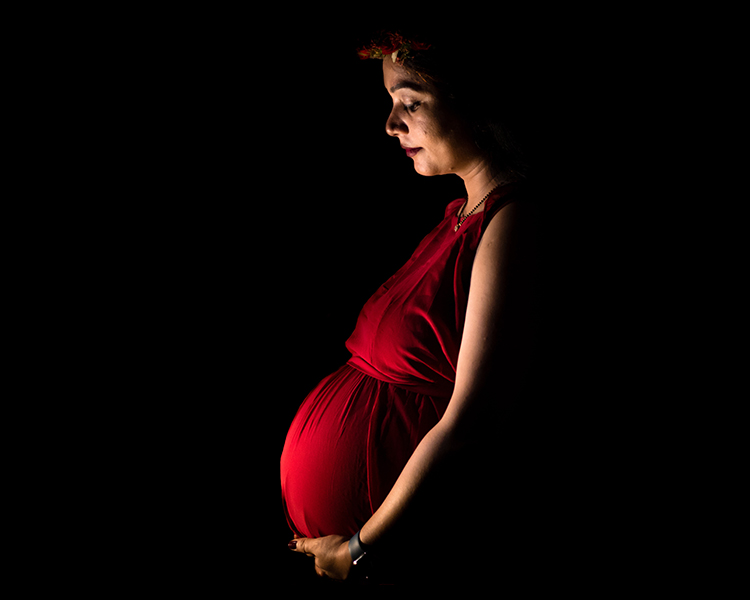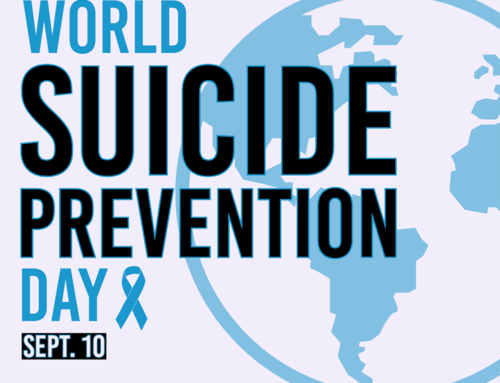In keeping with SAMHIN’s mission of greater dialogue on mental health in South Asians and highlight the important work of others in this area, we invited Dr. Harita Raja, a reproductive psychiatrist, to help improve our understanding of reproductive psychiatry. This will help readers learn when to seek out a reproductive psychiatrist.
Let us consider this scenario . . . A young 27-year-old woman has a baby and is two weeks postpartum. She starts to experience recurring and intrusive thoughts about throwing her baby out of her window. She has no intention of doing it and, in fact, is scared by her own thoughts. She may be scared to tell anyone about what she is experiencing due to the fear of her baby being taken away. If she does see a provider, she may be told that she needs to be admitted for psychiatric hospitalization. She also may be told that she has to choose between medication and breastfeeding. This could further be destabilizing for this young woman and disrupt her recovery.
Menses. Pregnancy. Postpartum. Infertility. Perimenopause. Menopause. These distinct entities are unique to women, as compared to men. With that in mind, the field of reproductive psychiatry was created. A reproductive psychiatrist goes to medical school for four years and then completes a psychiatry residency for four years. Depending on their exposure and comfort, they may pursue a reproductive psychiatry fellowship.
A reproductive psychiatrist can understand the intricacies of psychiatry, in the context of obstetrics, gynecology, and endocrinology. This specialty focuses on women’s psychiatry from the perspective of hormones and reproductive transitions. A significant component of the work is educating our patients and their families about the importance of mental health in the mother. Thankfully, we now have a strong repertoire of evidence supporting the use of medications (as necessary) in pregnancy and postpartum. We can treat women without having to have them choose between themselves and their children.
Specifically, in our South Asian community, many believe that we can just push through and sacrifice for our children. However, the data is very robust in showing that mood and anxiety disorders during pregnancy and postpartum periods increase the risk of complications in the baby, including but not limited to premature delivery and psychological limitations. A reproductive psychiatrist can help with diagnosis and treatment with a holistic lens.
 By Harita Raja, MD
By Harita Raja, MD
Dr. Raja is a board-certified reproductive psychiatrist and founder of Bethesda Women’s Mental Health in the DC Metro Area. She is also part of SAMHIN panel of speakers.
If you have a question for Dr. Raja or a comment, you can post it below.
Received this on social media? Subscribe to SAMHIN Blog to be notified when the next SAMHIN blog is published.
Feature image by Shashank Verma on Unsplash







Leave A Comment